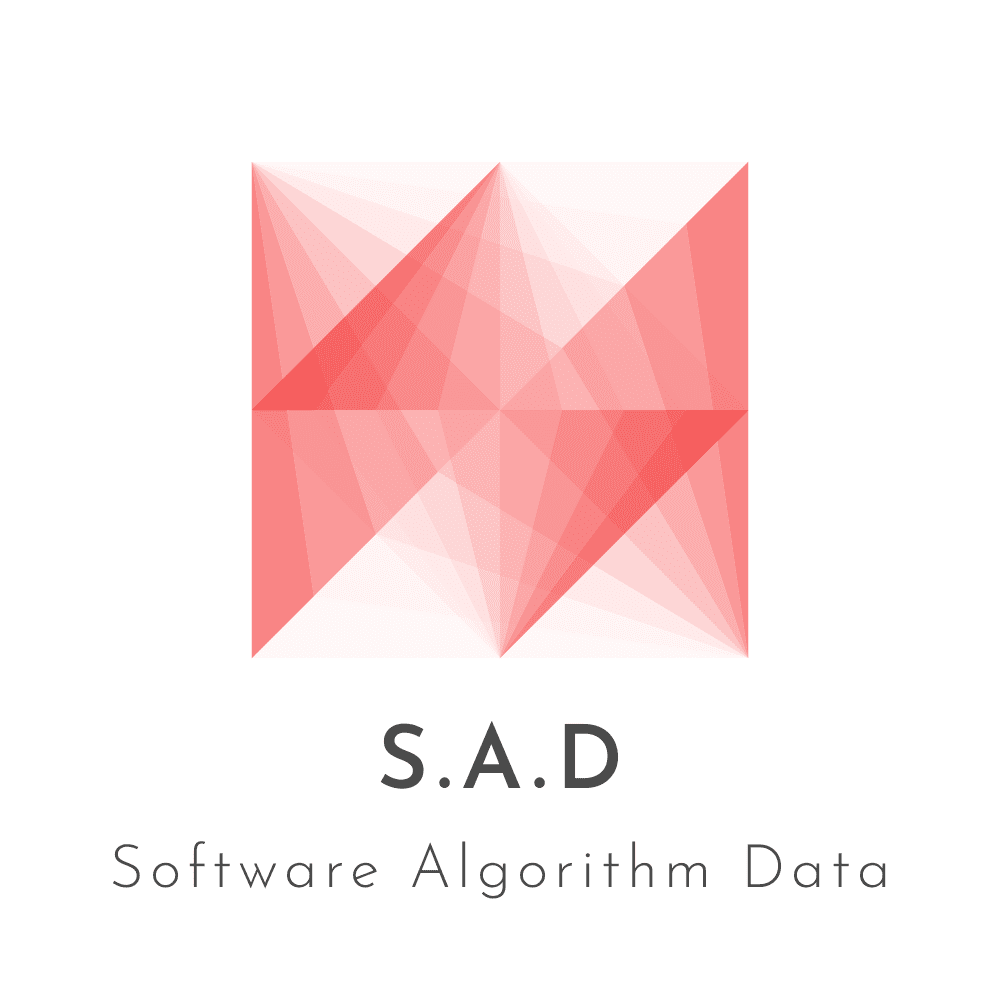Who and What Really Make Technologies Work?
From Ford to Silicon Valley to AI
From steam engines to the advent of the internal combustion engine, from mass usage of automobiles to personal computers, information technology, and now AI, we tend to venerate and highlight specific individuals. Names like James Watt, Thomas Edison, Henry Ford, Norbert Wiener, John von Neumann, Bill Gates, Steve Jobs, and a few others often come to mind. While their scientific and technical contributions are undeniable and deserving of recognition, there's more to the story. What lies behind these individuals and their adulation? Who truly works to make these technologies possible, and what factors enable their success?

In many cases, these celebrated figures, often men from privileged backgrounds, are labeled as "complicated geniuses who have propelled human progress on an unprecedented scale." Often, the term “complicated” serves as a euphemism for stories involving racism, abuse, stubbornness, and, in some cases, illegal and unethical activities. This culture of veneration is particularly prominent in the realm of technology, influenced by the American/Silicon Valley ethos. This cycle of hero-worship appears to be unending. A recent example is Forbes' “30 under 30” list, which was previously a recognition of individuals seen as the next Steve Jobs but now often correlates with future legal troubles. This issue is highlighted in The Guardian's article titled “Why So Many of Forbes' Young Heroes Face Jail.” The perpetuation of this cycle can be attributed to society's craving for heroes, the influence of media, and the absence of appropriate policies and regulations.
.
Historically, this veneration and hype existed before the Silicon Valley era. However, beneath the surface of adulation lies the actual work of making technologies functional, a process often marred by structural issues, racism, sexism, and ableism. Take the case of Henry Ford, for example. While he's celebrated as an American icon, it's essential to note the facets of his personality that are not so “nice” — including anti-Semitism and racism. This ambiguous take on the hero culture was evident by the following comment from the president of the Ford Foundation,
When asked whether the name of the Ford Foundation is still appropriate, Ford Foundation President Darren Walker says that his foundation’s original benefactor, Henry Ford, was an anti-Semite and a racist, but also a brilliant industrialist who was the first capitalist to name inequality as a problem. “Henry Ford was a complicated, flawed genius. I am able to hold both of those narratives…the duality of who we are as a people cannot be denied and we must come to grips with how to hold both of those narratives…I am comfortable, I do not believe that we need to be named anything other than the Ford Foundation because without Henry Ford…we wouldn’t be doing the work that we do in the world today.
I don’t know much about Darren Walker and the financial details of the Ford Foundation (he does seem to have generated some recent controversies). But it is understandable that as humans we are all flawed but then when it comes to genius and money, do we really need to hold “both sides” of the argument? I don’t have the answer but often it does feel like the Trumpian “You Had Very Fine People, On Both Sides” argument. Similarly, IBM's strategic ties with the Nazis during World War II illustrate another instance of “complicated” history.
I don’t know much about Darren Walker and the financial details of the Ford Foundation. However, it is understandable that as humans, we all have flaws. Yet, when it comes to matters of genius and money, do we truly need to entertain “both sides” of the argument? He does seem to have generated some controversy. I don't have the answer, but often, it does feel akin to the Trumpian "You Had Very Fine People on Both Sides" argument. Similarly, connecting the thread from Ford to computing, IBM's “strategic ties” with the Nazis during World War II serve as another illustration of “complicated” history.
Taking a step further back, even the origin of computing has its darker aspects. Charles Babbage, often called the “father” of modern computing, had theories focused on worker surveillance and control. Babbage's work was tied to the standardisation and discipline of work, serving capitalism and the British Empire's interests. The following excerpt is from an article by Meredith Whittaker (president of the Signal Foundation):
A chapter in Babbage’s treatise advises readers on what “data” those wishing to understand and manage factory operations should gather. There are clear parallels between Babbage’s data desires and the data and metrics that plantation owners, managers, and overseers shaped plantation labor practices to collect. Both advise creating records on the number of workers needed to complete a task and tracking their speed, individual outputs per day and per task, the tools and implements required to complete work, and the capacities required to accomplish a given effort.
..
Babbage’s work developing theories of factory labor control and his lifelong pursuit of his calculating engines can be read together as two approaches to answering the same question: how to standardize and discipline work in service of capitalism and the British empire. It was in endeavoring to build his complex engines, which created the template for modern computation, that Babbage spent the early decades of the nineteenth century visiting factories and workshops in the UK and Europe. And the observations made during these tours formed the basis for On the Economy of Machinery and Manufactures. Babbage envisioned his engines as tools of empire, justifying his requests for extensive government funding based on their prospective use in building navigational tables for the British navy. At the time, flawed navigational tables led to many shipwrecks, which imperiled trade and the empire such naval prowess defended.
Around 1943, Norbert Wiener introduced the term "cybernetics," aiming to create a universal science uniting all disciplines. This concept, characterised by feedback loops, aimed to enhance efficiency and productivity which nowadays apply to both material or digital goods. While some argue that the notion of cybernetics has embraced nonlinear causality, the underlying techno-social structure still adheres to a linear narrative. And we see this narrative popping up from Babbage to Ford and IBM with seemingly innocent guise of counting and keeping records of things for the sake of efficiency.
The semiconductor industry follows a similar pattern, echoing Ford’s labor conditions from the past. As cars evolve into computers, two industries converge—the automotive and software sectors, connecting the historical threads of Babbage, Ford, and IBM. This convergence escalates the pressure for speed and efficiency, potentially resulting in relaxed regulations and safety concerns. For instance, the Taiwan Semiconductor Manufacturing Company is intensifying its operations by constructing a factory in Arizona. However, they are grappling with labor shortages due to the surging global demand for chips, driven by the hype around self-driving cars and AI. These shortages might jeopardize safety and ethical practices. An investigative report by The American Prospect sheds light on this issue:
ACCORDING TO LOCAL LABOR REPRESENTATIVES, at least two construction workers have died at TSMC’s Arizona fab. A non-union worker using an eight-inch grinder on metal pipe removed the guard, several sources told the Prospect. The grinder got away from him and cut his leg, slicing into his femoral artery, a major blood vessel. Aaron Butler, president of the Arizona Building Trades Council, sent a letter to the White House detailing challenges at the site. In the letter, he said that the man died from loss of blood before medical help arrived.
A second worker died of a drug overdose in a Port-A-Jon toilet, Butler said in the White House letter.
In a statement, TSMC denied that any deaths have occurred. “In Phoenix, there have been zero work related fatalities since the start of this construction,” a spokesperson wrote. “We are regularly audited against known safety standards by organizations such as the Arizona Department of Safety and Health (ADOSH). TSMC also conducts its own internal audits of safety records against state and national figures. For TSMC Arizona, our safety and injury incident rates are significantly lower than state and national benchmarks.”
The labor force behind AI annotation and labelling services also reveals a complex dynamic. While AI may be making some jobs obsolete, it has given opportunities to marginalised groups, like women in Indian towns and villages who engage in data annotation and labelling. Often times these are opportunities but they are also another avenue for cheap labor and exploitation. History might not venerate Chandmuni, a 24-year-old from who works for a AI annotation/labelling company in India but People like her are essential in building the innovate technologies we rely on:
Chandmuni is among a growing number of women who are tasked with perhaps the most pressing, albeit unglamorous, work of the AI pipeline: data annotation, or labelling. Most of them are based in small towns and villages in India.
[…]
When the company expanded into data annotation, Chandmuni started doing that, too. Now, from 6am to 2pm, she sits at the machine in her house. Her job is to mark the joints of a hand: 20 in a hand, four per finger. After the end of the work day, she focuses on housework and studying for a Master’s degree in history.
Her dotted images, along with a mass of others, funnel to a US-based company that uses the data to train its artificial intelligence models. When the algorithms are shown a hand, they will have enough past inputs to know what they are looking at. Eventually, they may be ready to conduct robotic surgeries.
…
Data work has a racial and class dynamic. It is outsourced to developing countries while model work is done by engineers largely in developed nations,” said Nithya Sambasivan, the lead author of the paper and a former research scientist at Google. “Without their labour, there would be no AI.”
I interviewed 28 industry employees for this story, but not one commented, or appeared concerned, about exploitative labour practices in the data supply chain. Four annotators, all employed by iMerit, did complain that their salary was too low and hadn’t been adjusted for inflation in recent years. (In order to receive access to iMerit, the company asked that I not share exact salary numbers.) But none of these individuals appeared to give much thought to my questions about the big global debates in data labelling outsourcing.
Not all is doom and gloom. There are a few positive aspects that need more coverage and support. Initiatives like Karya, an ethical data company, are emerging to ensure fair compensation and ownership rights for these workers:
In the neighboring villages of Alahalli and Chilukavadi, one Indian startup is testing a new model. Chandrika works for Karya, a nonprofit launched in 2021 in Bengaluru (formerly Bangalore) that bills itself as “the world’s first ethical data company.” Like its competitors, it sells data to big tech companies and other clients at the market rate. But instead of keeping much of that cash as profit, it covers its costs and funnels the rest toward the rural poor in India. (Karya partners with local NGOs to ensure access to its jobs go first to the poorest of the poor, as well as historically marginalized communities.) In addition to its $5 hourly minimum, Karya gives workers de-facto ownership of the data they create on the job, so whenever it is resold, the workers receive the proceeds on top of their past wages. It’s a model that doesn’t exist anywhere else in the industry.
While there's hope for change through regulations, governmental intervention, reduced hype, and a more informed historical perspective, we still haven’t found a way to acknowledge those working diligently behind the scenes.



